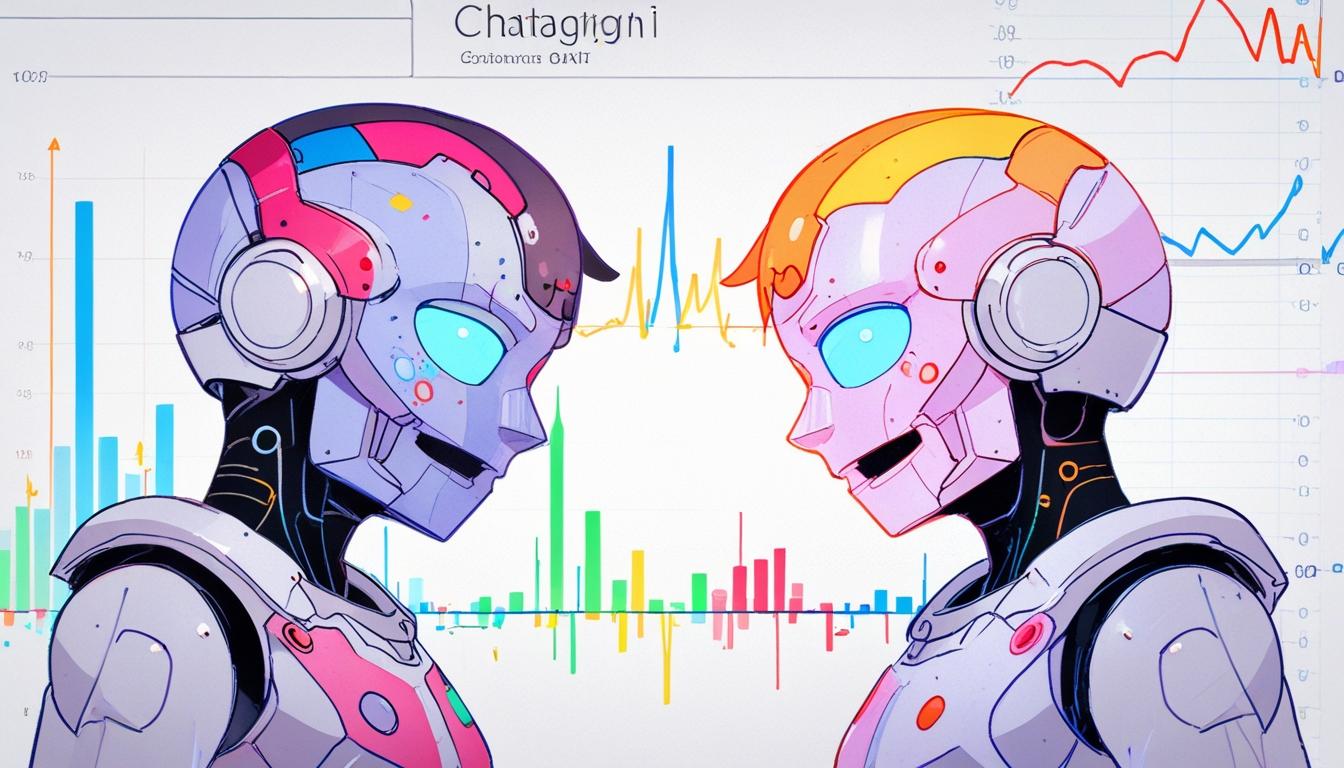OpenAI and Google continue to engage in a fierce competition to assert dominance in the rapidly evolving artificial intelligence (AI) sector, with both companies consistently launching new products and AI models to outpace each other. OpenAI's ChatGPT has notably retained a leading position in promoting widespread consumer adoption of AI, leveraging its early entry into the market to capture a substantial user base. Nevertheless, Google has made significant advances with its Gemini AI chatbot, formerly known as Bard.
According to information revealed during the Google versus United States antitrust trial, which was reported by The Information, Gemini has witnessed a remarkable increase in daily and monthly users in recent months. Sissie Hsiao, who until recently was leading the Gemini project at Google, disclosed that Gemini currently has approximately 35 million daily active users (DAU) and 350 million monthly active users (MAU). This represents a nearly fourfold increase in daily users compared to October of the previous year when Gemini had merely 9 million DAU.
Despite this substantial growth, OpenAI's ChatGPT maintains a dominant position with 160 million daily active users and 600 million monthly active users. When comparing the platforms, ChatGPT has about 4.5 times more daily users and roughly 1.7 times more monthly users than Gemini. While ChatGPT remains dominant, Google is vigorously working to establish Gemini as a preferred AI chatbot among consumers and develop it as a competitive alternative to ChatGPT.
Several factors contribute to Gemini’s accelerated adoption. Notably, earlier this month, a leadership restructuring within Google's Gemini team was announced by Semafor. Josh Woodward, a key contributor behind Google's NotebookLM product, replaced Sissie Hsiao as the head of the Gemini project. Under Woodward’s management, Google has intensified its efforts to deliver cutting-edge AI models via Gemini and expanded the availability of new features to free users.
One of the standout innovations is the Gemini 2.5 Pro AI model, which has received widespread acclaim for its coding abilities and overall functionality. Significantly, this advanced model is now accessible to free-tier users. Another enhancement includes the Deep Research AI agent, which is now free for all Gemini users and has, in some evaluations, been found to outperform equivalent agents from ChatGPT.
Google has also introduced the Veo 2 video generation model to Gemini Advanced users, offering improved video quality compared to OpenAI’s Sora model. Additional features such as AI-generated podcasts, Gemini Live with camera and screen sharing capabilities, Canvas, Gems, Personalization options, and file uploads have been added to enrich user experience.
The accumulation of these improvements positions Google more strongly in terms of the models and features that Gemini offers when compared to OpenAI’s ChatGPT. Although the ongoing antitrust trial may restrict Google’s ability to mandate that original equipment manufacturers preload Gemini as the default AI chatbot, the capabilities and appeal of Gemini have demonstrably grown.
The Beebom publication is reporting on the rapid developments and competitive dynamics between OpenAI and Google, illustrating a market that is dynamically evolving as both companies continue investing heavily in AI innovation.
Source: Noah Wire Services
